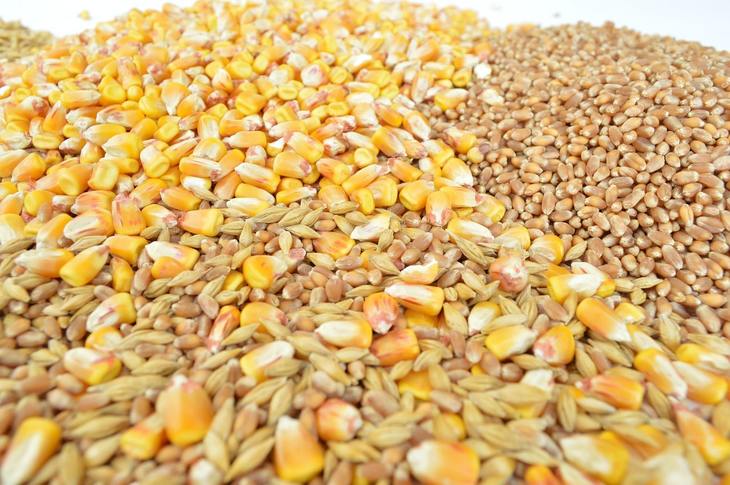Concerns mount over spring planting in Black Sea region

Farmers in the Black Sea region could see their spring planting operations ruined if war in Ukraine intensifies and spreads to more rural areas, analysts have warned.
Both Ukraine and Russia are among the world’s biggest growers of spring crops, including cereals, maize, sunflowers and soya.
Farms are spreading fertiliser on fields after the winter, but if the conflict spreads to rural areas, the spring planting campaign could face disruption.
Andrey Sizov, head of SovCon, a market analysis firm focused on the Black Sea agricultural region, told Farmers Weekly it was a very challenging time for farming businesses in Ukraine and in Russia.
“Right now, it is early March and farmers should be on their fields applying fertiliser to winter crops. Fertiliser prices have risen dramatically, and Ukraine is no exception,” he said.
“In many cases, they can’t do that. It’s too risky because of military operations. Southern Ukraine has been affected a lot and it is a major producer of winter wheat. Those fields should be covered with fertiliser, and many won’t be.
“Soon Ukrainian and Russian farmers will need to start their spring planting campaign. A lot depends on how long this war lasts. If it goes on a few more months, I’m afraid it would be a disaster for the Ukrainian crop.”
Carl Atkin is director of agribusiness management firm and consultancy Terravost, which advises Ukrainian farming businesses.
“In western Ukraine, the tractors are all working OK and spreading fertiliser,” he said. “The big worry is the effect of war on spring planting.
“The ‘breadbasket’ of Ukraine looks at the moment to be relatively unscathed, but this could change fairly quickly.”
One of Ukraine’s largest farming co-operatives has suspended grain exports, and oilseed processing and logistics due to the Russian invasion, as its employees are called away for military service.
Kernel Holding SA, Ukraine’s largest producer and exporter of sunflower oil, and a major supplier of agricultural products from the Black Sea, said several hundred of its employees had been mobilised to Ukraine’s military.
The company is providing protective equipment and additional financial help for these employees.
The National Association of Agricultural Extension Services of Ukraine has appealed to the European Forum for Agricultural and Rural Advisory Services to support the Ukrainian Army “mentally, materially and financially”.
Farming unions have written a letter expressing their support for farmers in Ukraine on behalf of all farmers across the UK.
In the letter, the presidents of the four main UK farming unions, Minette Batters (NFU), Aled Jones (NFU Cymru), Martin Kennedy (NFU Scotland) and Victor Chestnutt (Ulster Farmers’ Union) express their “shock and horror” at the events unfolding in Ukraine.
“We are appalled at the dreadful situation the people of Ukraine are facing following the Russian invasion,” the letter says.
“We wish to express our support for everyone in Ukraine and all Ukrainian farming families caught up in these horrifying events and to offer any assistance that may be possible for us to give you.”
The presidents say they “stand in solidarity” with Ukraine’s farmers “at this horrifying moment in your history”.
The letter continues: “Spring for all farmers should be a time to celebrate new life in our livestock and new growth in our crops.
“The atrocious and unprecedented challenges you now face on your farms and with your families this spring are unimaginable.
“Please be assured farmers in the UK hold you in our thoughts, we are watching and want to hear from you. If there is anything we can do to offer support, please contact us.”
The letter of solidarity was co-ordinated by the unions’ British Agricultural Bureau, based in Brussels, and sent to the Ukrainian National Agrarian Forum on Wednesday 2 March.
Read also
Wheat in Southern Brazil Impacted by Dry Weather and Frosts
Oilseed Industry. Leaders and Strategies in the Times of a Great Change
Black Sea & Danube Region: Oilseed and Vegoil Markets Within Ongoing Transfor...
Serbia. The drought will cause extremely high losses for farmers this year
2023/24 Safrinha Corn in Brazil 91% Harvested
Write to us
Our manager will contact you soon



